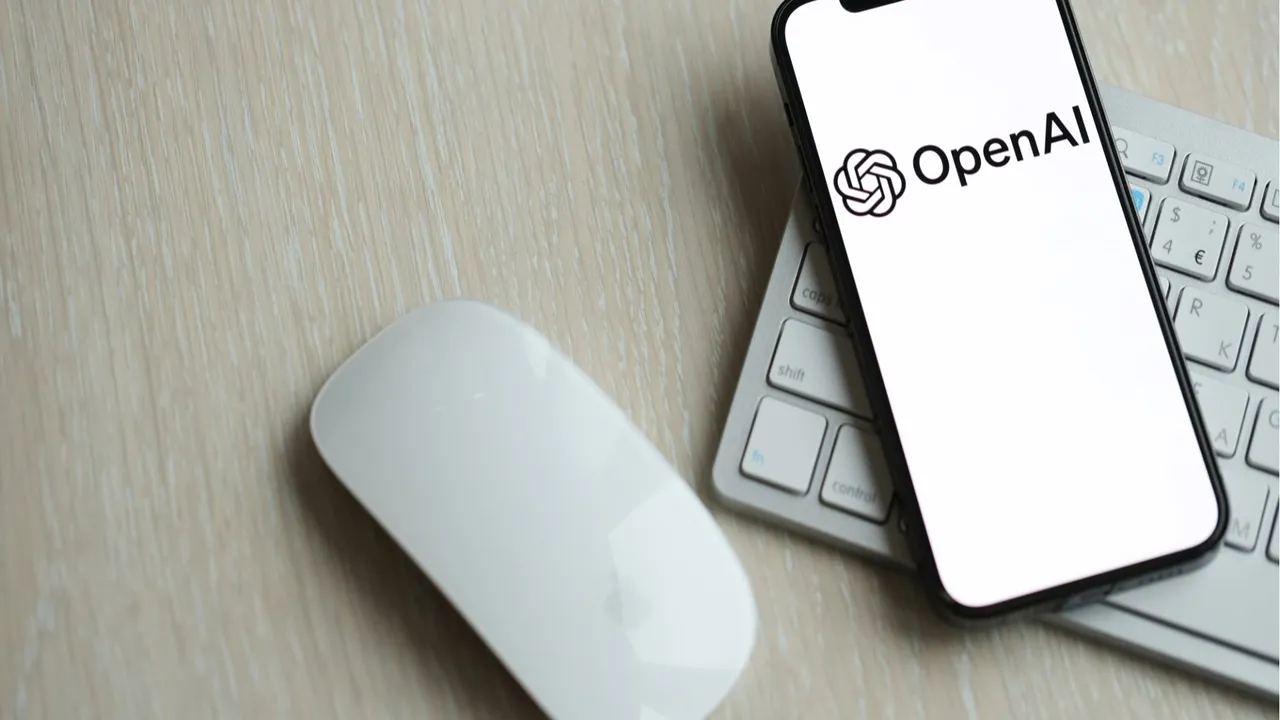The legal battle between OpenAI and The New York Times is escalating: on June 6, 2025, OpenAI filed a formal appeal against a court order requiring it to preserve all data generated by users in ChatGPT. This move highlights a fundamental conflict between the demands of legal discovery and user privacy rights in the age of generative artificial intelligence. The lawsuit, originally filed by The New York Times, accuses OpenAI of massive copyright infringement by using millions of the newspaper's articles without authorization to train its large language models. As part of the discovery process, a lower court issued a ruling requiring OpenAI to save all user prompts and ChatGPT-generated responses without exception. In its appeal, OpenAI argues that complying with this requirement is not only technically extremely difficult and financially burdensome but, most importantly, constitutes a serious and unjustified violation of the privacy of millions of users worldwide. The company's lawyers insist that storing such a colossal and ever-growing dataset, which could contain personal, professional, and other sensitive information, creates unacceptable security and privacy risks. Furthermore, OpenAI questions the relevance of preserving absolutely all generated data to address the specific copyright claims made by the NYT. The newspaper's position, in turn, is that this dataset is critically necessary to prove instances of copying and the creation of derivative works based on their copyrighted materials. The outcome of this appeal could set a major legal precedent for the entire generative AI industry, defining the future balance between copyright, the responsibilities of tech companies, and user privacy.
OpenAI Appeals Court Order on Data Retention in The New York Times Lawsuit
